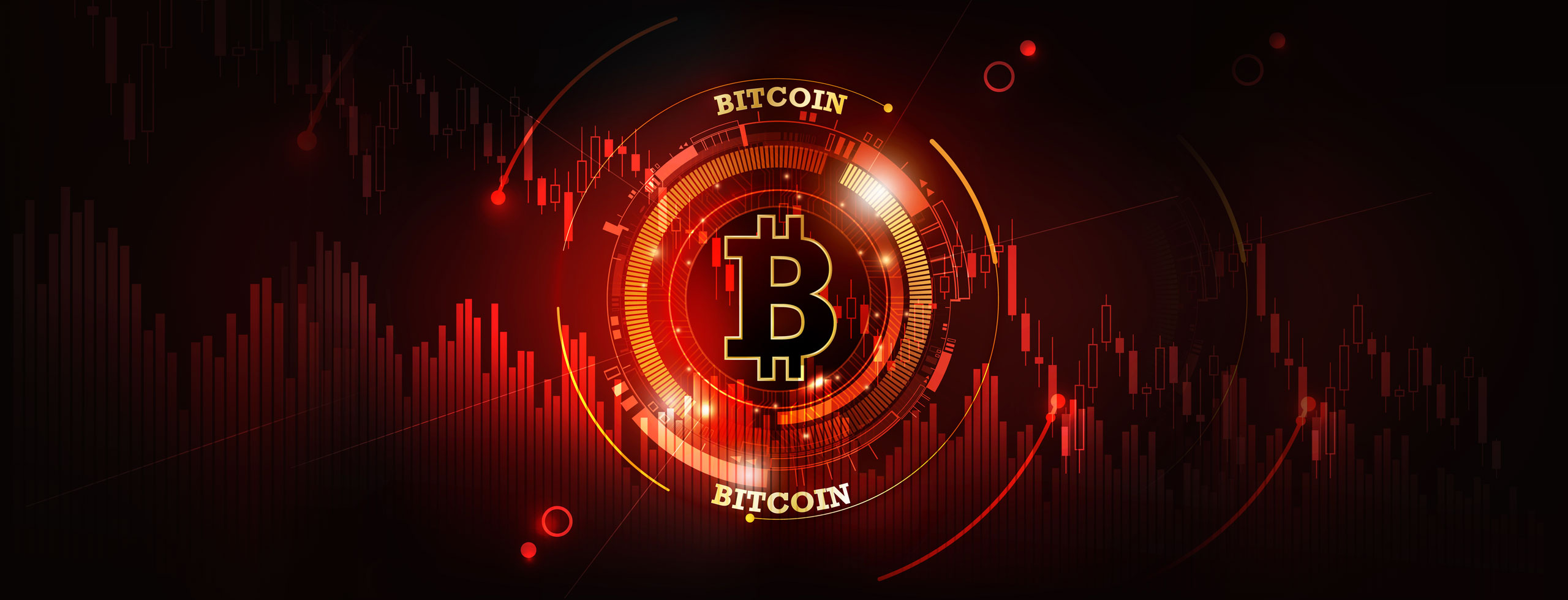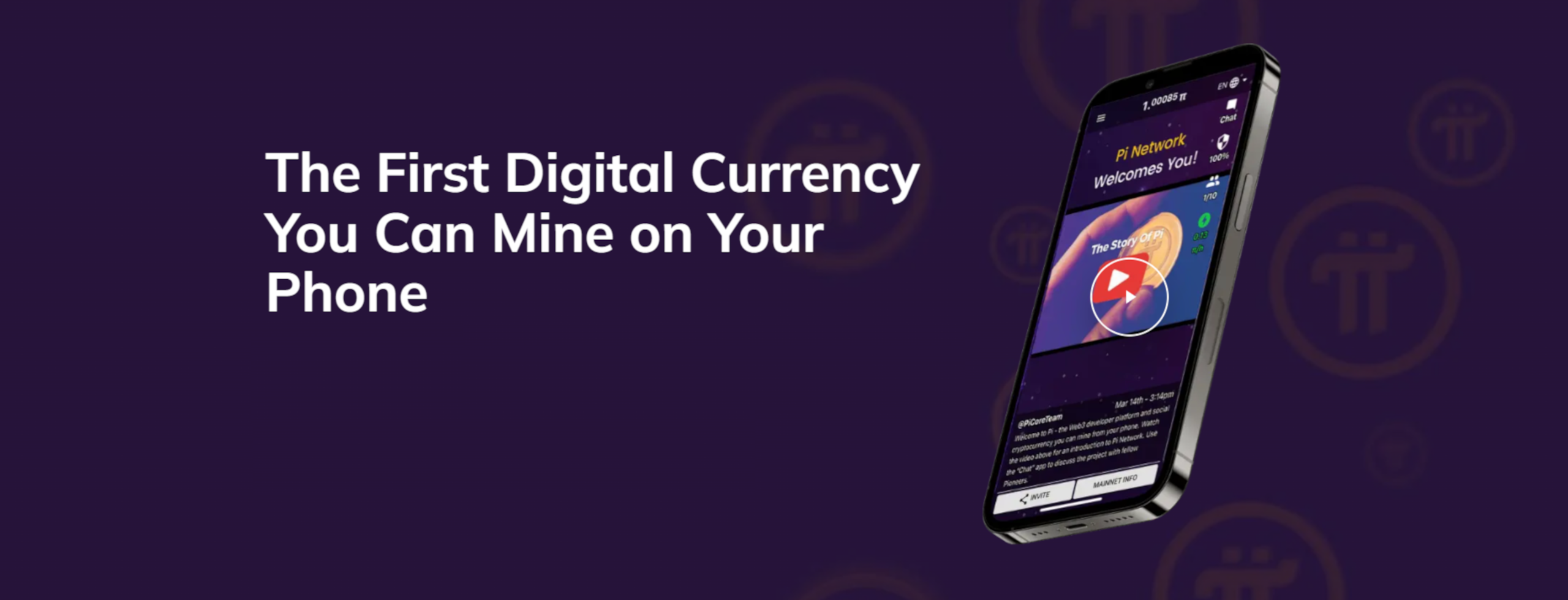The Rise of Decentralized Exchanges (DEXes) And Tokenized Real-World Assets
The cryptocurrency landscape is witnessing a significant shift towards decentralized exchanges (DEXes) as they gain traction due to their inherent advantages over centralized counterparts (CEXes). This trend aligns with the growing interest in tokenizing real-world assets (RWAs), making DEXes an attractive platform for accessing these tokenized assets.
DEXes Gaining Momentum
Research indicates that DEXes are experiencing a surge in popularity, particularly among users who prioritize security, privacy, and self-custody of their assets. While CEXes still dominate in terms of trading volume, DEXes have been steadily gaining ground, with platforms like Uniswap leading the DEX market with a trading volume of $3 billion as of March 2023.
The appeal of DEXes lies in their decentralized nature, which eliminates the need for a central authority to hold users’ funds, reducing the risk of hacks and security breaches. Additionally, DEXes offer greater transparency and verifiability, as all transactions are recorded on an immutable public blockchain.
Tokenized RWAs and Regulatory Concerns
The tokenization of real-world assets, such as real estate, art, intellectual property, and commodities, is a rapidly growing trend. Research from reputable firms like Roland Berger, BCG, McKinsey, and Bain & Company suggests that the asset tokenization sector has the potential to reach $4-16 trillion in the coming years.
While many CEXes are subject to stringent regulations, including Know-Your-Customer (KYC) and Anti-Money Laundering (AML) requirements, DEXes operate in a relatively lightly regulated environment. This makes DEXes an attractive platform for trading tokenized RWAs, as they offer greater privacy and anonymity, without the need for personal information disclosure.
DEXes as a Testbed for RWA Trading
The lightly regulated nature of DEXes presents an opportunity for innovation and experimentation in the realm of tokenized RWA trading. As the tokenization of RWAs gains momentum, DEXes can serve as a testbed for exploring new trading models, liquidity mechanisms, and market structures.
While regulations for DEXes and tokenized RWA trading are likely to emerge in the future, the current environment allows for rapid iteration and development, fostering innovation in this nascent space.
Conclusion
The rising popularity of DEXes, coupled with the growing interest in tokenizing real-world assets, presents a unique opportunity for DEXes to become the preferred platform for accessing and trading these tokenized assets. With their focus on security, privacy, and decentralization, DEXes offer a compelling alternative to traditional CEXes, particularly in the context of regulatory concerns surrounding tokenized RWAs. As the industry continues to evolve, DEXes can serve as a testbed for exploring new models and structures, driving innovation in the tokenization of real-world assets.





